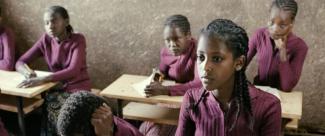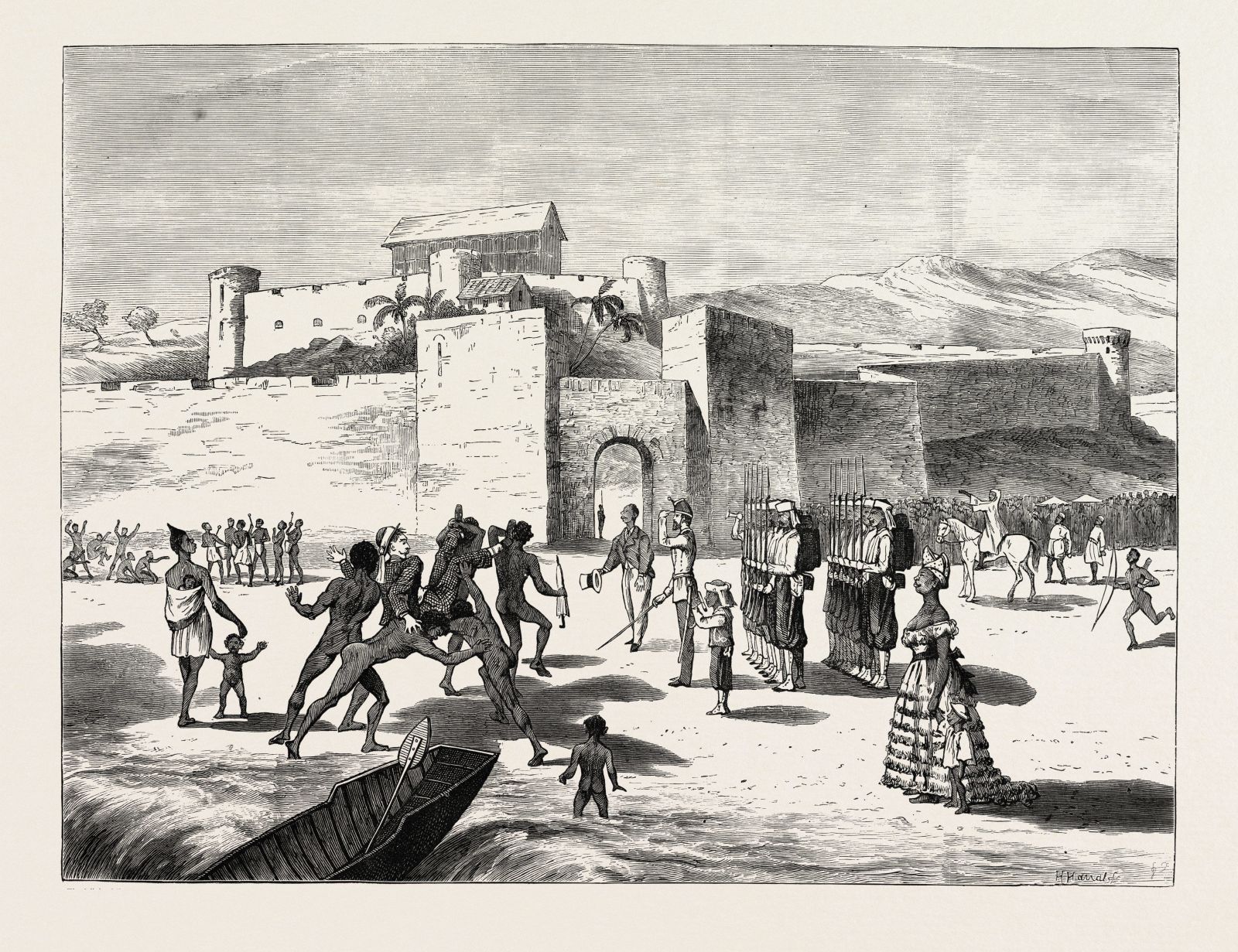Summer special
Fighting outdated traditions

Hirut, a 14-year old girl, is proud of the report card she has just been given. The teacher even praised her in class. As she is happily running home, she suddenly hears hoofbeats. Armed men on horseback surround her – and then abduct her. The report card ends up in the dust.
Hirut is locked up in a cabin where her kidnapper rapes her. According to a tradition called “telefa”, such violence goes unpunished if the man later marries his victim. Telefa has officially been declared illegal, but is still quite common in rural areas.
Hirut manages to escape and takes along her tormentor’s rifle. He runs after her, and she shoots him. As result, she is accused of murder and is likely to be sentenced to death.
Meaza Ashenafi, a lawyer, volunteers to defend Hirut in court. She leads Adenet, a non-governmental organisation that promotes women’s and children’s rights. The film is not an emotional court drama, however, but takes a close look at the social context in a very sensitive manner. The gaps between rural and urban life are huge. In Addis Ababa, the capital city, professionals use computers and telephones, but time seems to stand still in what looks like Arcadian villages.
In the villages, the judges of the state court matter less than the council of elders. When Hirut’s father speaks in defence of his daughter before the council, men from the village praise tradition and insult the local teachers whom they blame of instilling the wrong values in the young generation. The elders decide that Hirut’s father must pay her kidnapper’s father a compensation and that the girl may not return to live in the village. The only upside is that they do not demand her death.
In the meantime, the lawyer gets Hirut into an urban orphanage. For a while, the very existence of her NGO is at risk. The reason is that Meaza decides to take a government minister to court, arguing that Hirut is in trouble because the administration he leads is not enforcing the law. In response, the government first suspends her NGO’s licence, but then surprisingly renews it. In the end, the court that tries Hirut finds her not guilty. The media cover the event – and radio news is particularly important. It is not a perfect happy ending, because the teenager’s life has been uprooted for ever.
Difret ist based on a real case that set the precedent of telefa definitely being illegal in 1996. This was an important turning point in terms of rural women’s rights. The punishment for telefa can be 15 years of prison – or more. Nonetheless, the tradition is still alive in some remote rural areas even today.
Accordingly, the director wants to convince and enlighten Ethiopians. He treats all of the film’s characters with equal respect. They state clearly what they think is right – and why they think so. The film does not use artistic ambiguity. Its focus is on unambiguous debate and comprehensive discourse.
Zeresenay went to film school in Los Angeles, but he does not indulge in Hollywood effects and does not use sensationalist scenes. He is not keen on breath-taking suspense, but rather wants to raise awareness. Therefore, the film’s original language is Amharic rather than English. It certainly helped to attract international attention, however, that Hollywood star Angelina Jolie was the movie’s executive producer.
The Ethiopian government supported the production of Difret too. Unfortunately, there is reason to doubt that the Ethiopian state would still be prepared to backtrack in confrontation with an assertive NGO activists the way it did in the case of Adenet. The same party is still in power, but it’s attitude is becoming ever more authoritarian. If it decides to close down an NGO these days, it seems unlikely that it might reconsider and allow the NGO to carry on afterwards.
Film
Difret, 2014, Ethiopia
Director: Zeresenay Berhane Mehari










